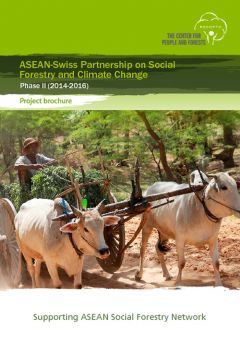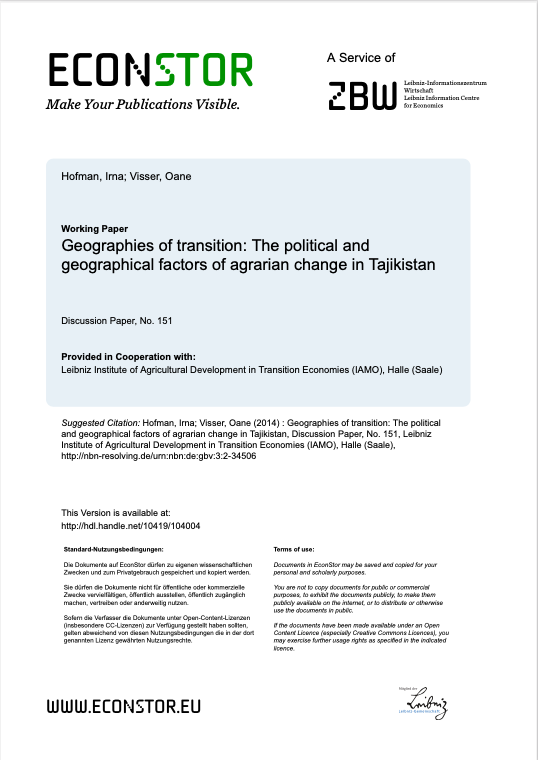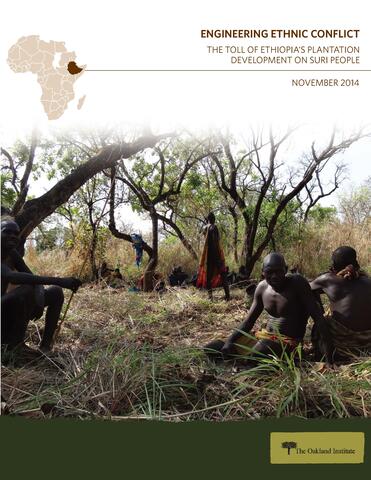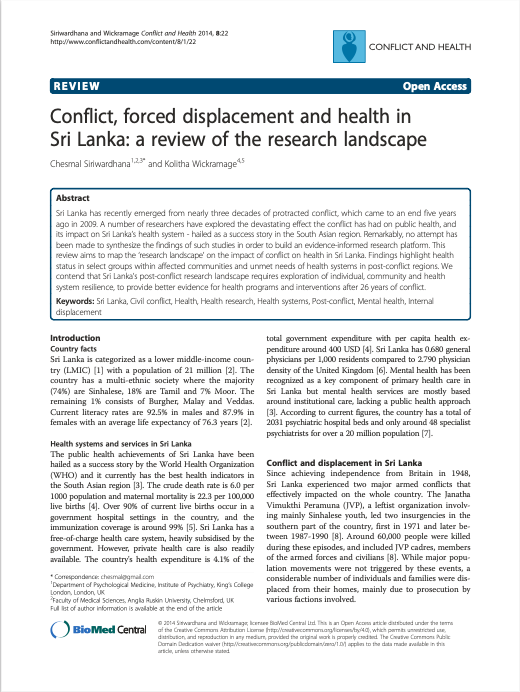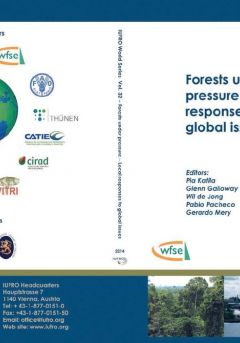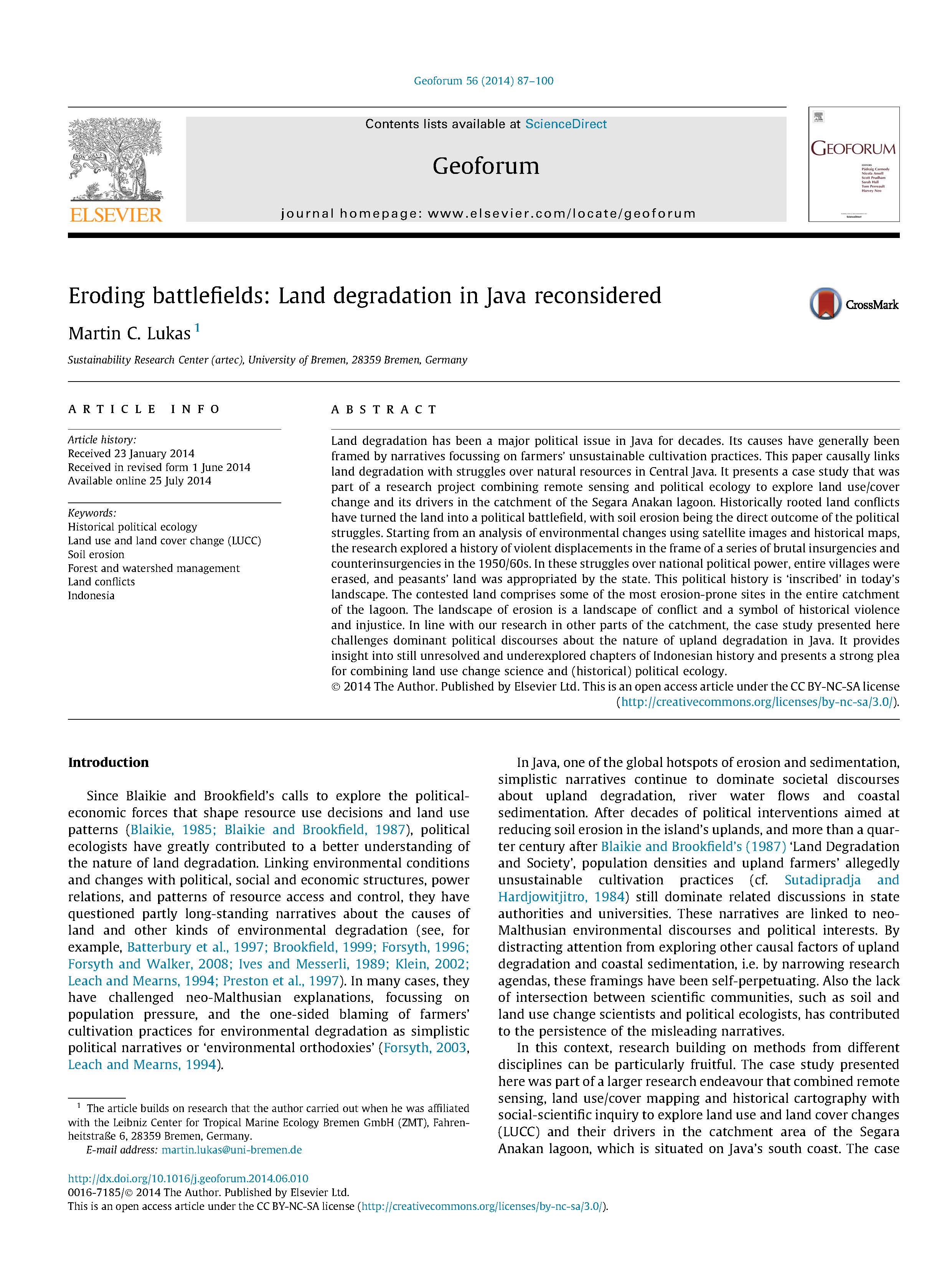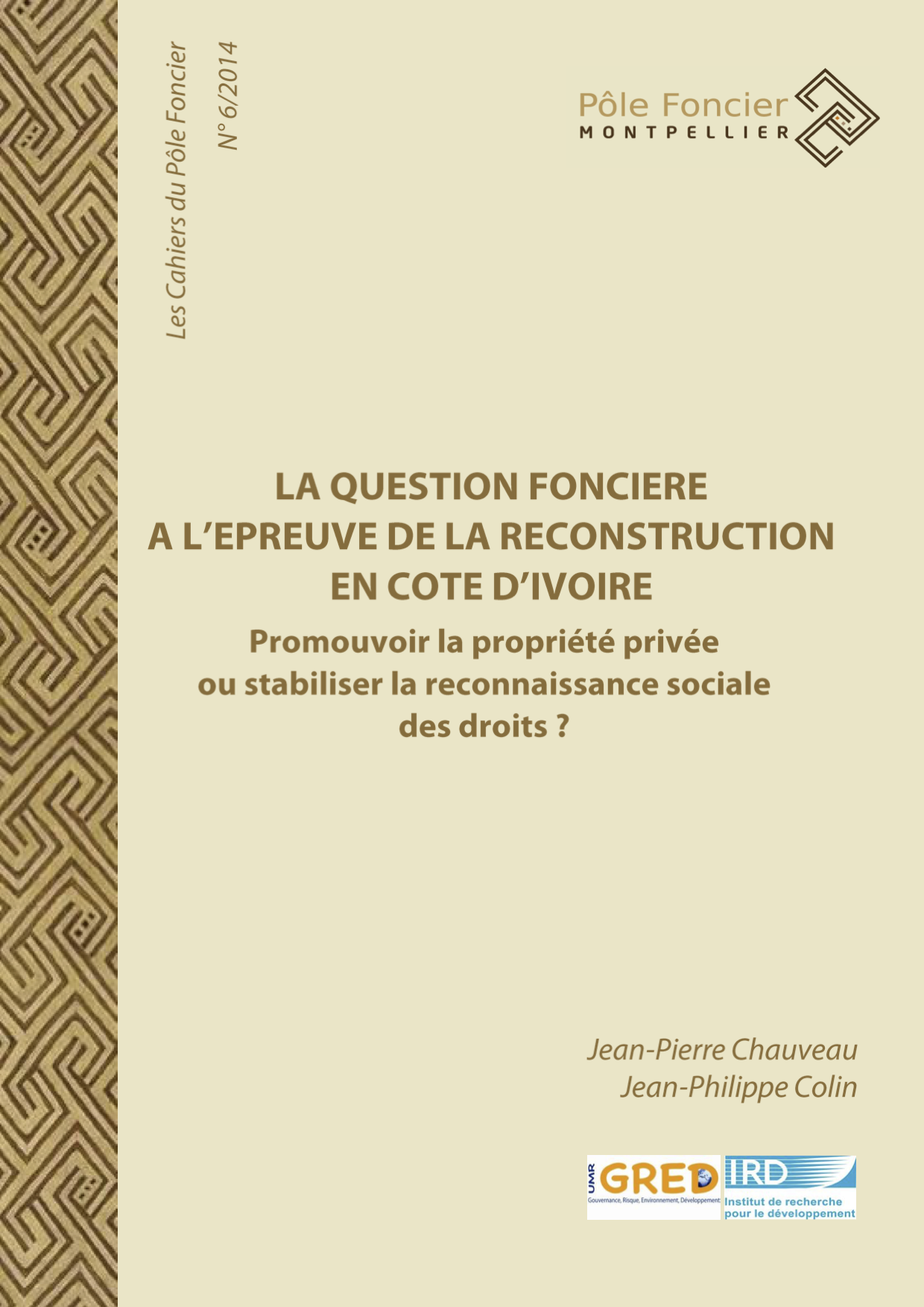ASEAN-Swiss Partnership on Social Forestry and Climate Change Phase II (2014-2016)
Since 2009, the Government of Switzerland and RECOFTC have partnered with ASEAN through the Swiss Agency for Development and Cooperation (SDC)’s support to the ASEAN Social Forestry Network (ASFN) and the ASEAN-Swiss Partnership on Social Forestry and Climate Change (ASFCC). This is a brochure describing the RECOFTC activities under the ASFCC Phase II (2014-2016).

